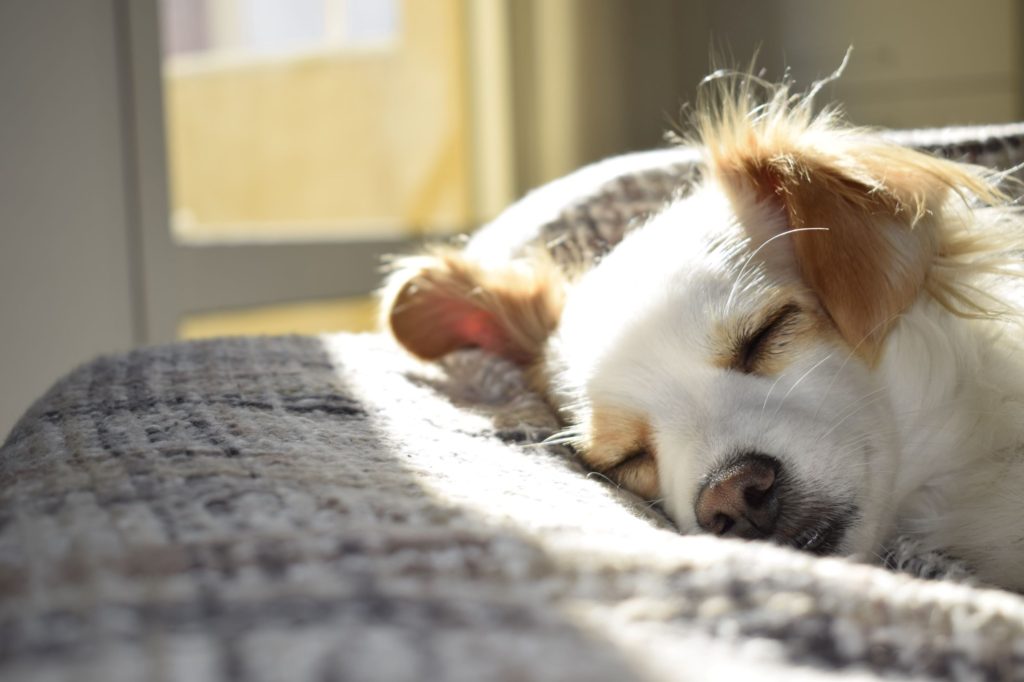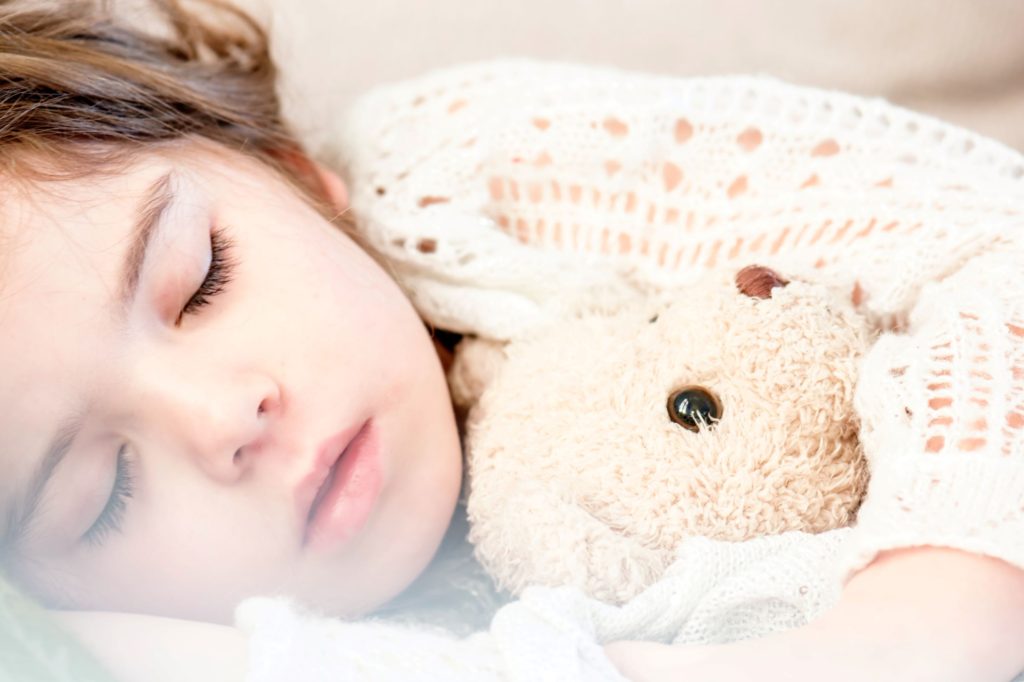
10 Tips for Healthy Sleep -A great way for productivity
Healthy sleep is a blessing that enriches your health and humanity. Surprisingly few people experience sound sleep; fewer genuinely appreciate the good fortune with which they are blessed, and fewer still truly understand the meaning and experience of sound sleep.
How good sleep helps you
Generally, being awake is catabolic (breaks you down) and sleep is anabolic (builds you up). Sleep is known to be an elevated anabolic state, heightening the growth and rejuvenation of the immune, skeletal, and muscular systems. Basically, sleep rebuilds you and keeps you youthful. High quality sleep fortifies your immune system, balances your hormones, boosts your metabolism, increases physical energy, and improves the function of your brain.
A physician study published in The Lancet proved that sleep-deprived individuals took 14 per cent longer to complete a task, and made 20 per cent more errors than individuals who were well-rested. Structure your time to get more sleep first and you’ll be able to get your work done faster and more effectively than if you zombie walked your way through it.

1.Stick to a sleep schedule of 10 PM to 5 AM.
It’s been shown that human beings get the most beneficial hormonal secretions and recovery by sleeping during the hours of 10 p.m. and 2 a.m.Melatonin, human growth hormone, and more are secreted in their strongest doses when your sleep is lined up properly. Want to stay young and vibrant longer? Then you need to know that you get the best dose of HGH, the “youth hormone,” if you’re sleeping during those primetime hours.
2.Slowdown in your mornings: rushing off from the word go can disrupt your body.
Sleep quality is all about what we do from the point of waking. To have good quality sleep to remain with you, need to slow down in the mornings with less of too many activities.
3.Use caffeine as a strategic performance enhancer, not out of habit – and no more than 400mg per day.
Coffee, colas, certain teas, and chocolate contain the stimulant caffeine, and its effects can take as long as eight hours to wear off fully. Therefore, a cup of coffee in the late afternoon can make it hard for you to fall asleep at night. Take coffee in the day when you are slowing off as a Strategic performance enhancer than using it as a roadblock for taking sleep out of the equation.
4. Avoid alcoholic drinks and a heavy meal before bed.
Having a nightcap or alcoholic beverage before sleep may help you relax, but heavy use robs you of REM (rapid eye moment ) sleep, keeping you in the lighter stages of sleep. Heavy alcohol ingestion also may contribute to impairment in breathing at night. You also tend to wake up in the middle of the night when the effects of the alcohol have worn off. Avoid large meals and beverages late at night. A light snack is okay, but a large meal can cause indigestion, which interferes with sleep. Drinking too many fluids at night can cause frequent awakenings to urinate.
5. If possible, avoid medicines that delay or disrupt your sleep.
Some commonly prescribed heart, blood pressure, or asthma medications, as well as some over-the-counter and herbal remedies for coughs, colds, or allergies, can disrupt sleep patterns. If you have trouble sleeping, talk to your doctor to see whether any drugs you’re taking might be contributing to your insomnia and ask whether they can be taken at other times during the day or early in the evening.
6.The Power of the Nap

Power naps intend to restore alertness, performance and learning ability. A nap may also reverse the hormonal impact of a night of poor sleep or reverse the damage of sleep deprivation. A University of Düsseldorf study found superior memory recall once a person had reached 6 minutes of sleep, suggesting that the onset of sleep may initiate active memory processes of consolidation which—once triggered—remains effective even if sleep is terminated. Don’t take naps after 3 p.m. and exercise late. Naps can help make up for lost sleep, but late afternoon naps can make it harder to fall asleep at night. Exercise is great, but not too late in the day. Try to exercise at least thirty minutes on most days but not later than two to three hours before your bedtime.
7. Relax before bed.
Don’t overschedule your day so that no time is left for unwinding. A relaxing activity, such as reading or listening to music, should be part of your bedtime ritual. Take a hot bath before bed. The drop in body temperature after getting out of the bath may help you feel sleepy, and the bath can help you relax and slow down so you’re more ready to sleep. Pre-and post-sleep routines directly affect the quality of your sleep and waking day: value them as the important activities they are, and you’ll be more efficient all day and night.
8. Dark bedroom, cool bedroom, gadget-free bedroom.

Get rid of anything in your bedroom that might distract you from sleep, such as noises, bright lights, an uncomfortable bed, or warm temperatures. You sleep better if the temperature in the room is kept on the cool side. A TV, cell phone, or computer in the bedroom can be a distraction and deprive you of needed sleep. Having a comfortable mattress and pillow can help promote a good night’s sleep.
9. Have the right sunlight exposure.
Daylight is key to regulating daily sleep patterns. Try to get outside in natural sunlight for at least thirty minutes each day. If possible, wake up with the sun or use very bright lights in the morning. Sleep experts recommend that, if you have problems falling asleep, you should get an hour of exposure to morning sunlight and turn down the lights before bedtime.
10.Lose weight to have a good sleep
One of the most overlooked problems with getting great sleep is having too much body fat on your frame. Being overweight causes severe stress to your internal organs, your nervous system, and disrupts your endocrine system as few things can. Your endocrine system is responsible for producing hormones like melatonin, serotonin, and cortisol that we’ve discussed in relation to sleep.